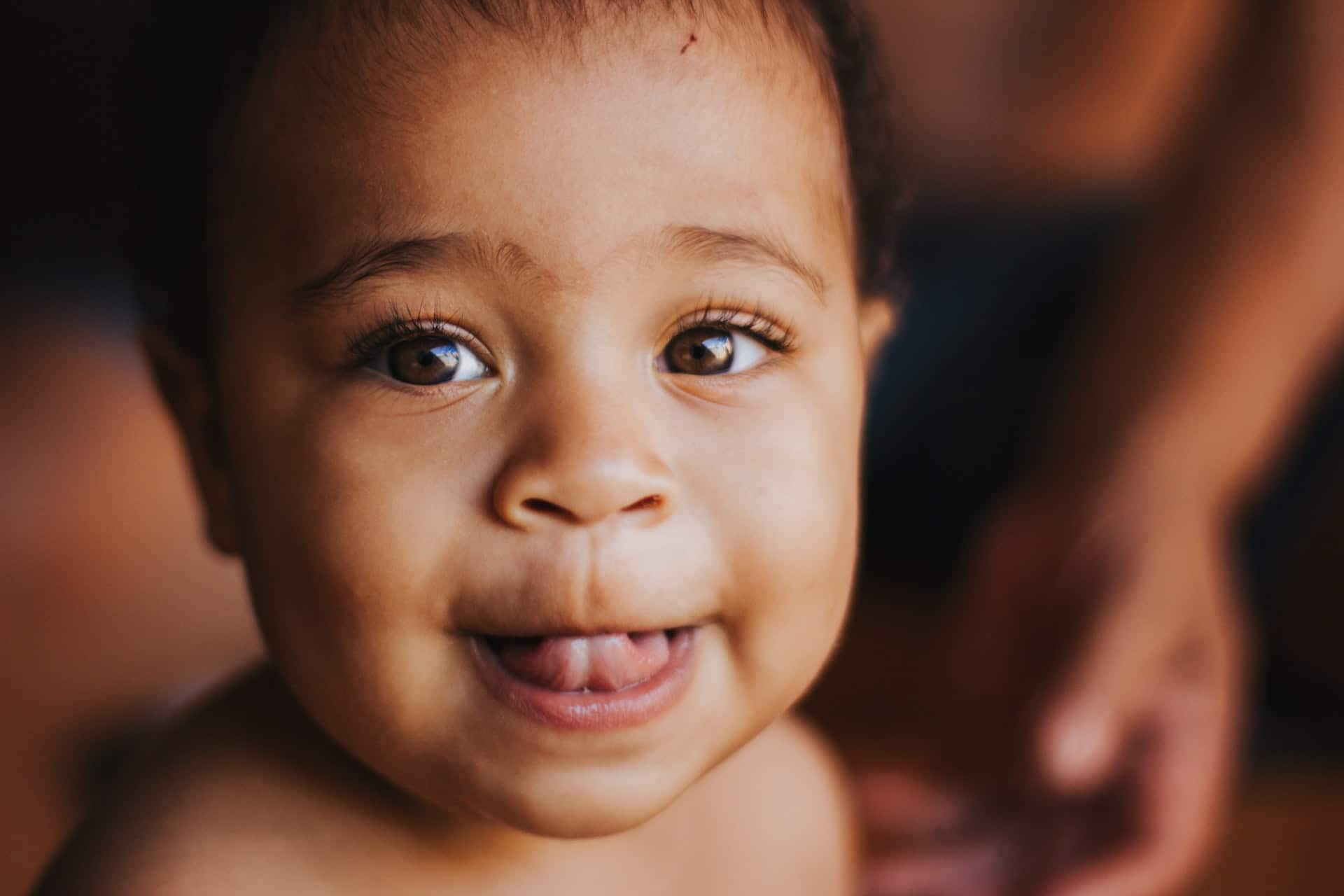There is no significant evidence showing that cannabis use during pregnancy leads to cognitive impairment in children, shows a new scientific review of 40 studies dating back 30 years. The findings should help dispel negative perceptions of people who use cannabis while pregnant, which fuel harsh penalties imposed on them, including incarceration.
The researchers—affiliated with Columbia University, New York State Psychiatric Institute and Swinburne University in Australia—examined the results of longitudinal studies that looked at how prenatal cannabis use affected children’s cognitive functions, compared to children not exposed to cannabis in utero.
Importantly, the researchers compared cognitive scores for both groups against a normative range. A normative range is an average of various different cognitive scores, controlling for factors like age and educational level. It’s essentially a yardstick to understand how important differences between two people’s scores are.
Some of the 40 studies that were reviewed examined children as young as infants, and some people as old as 22 years. The review found that for 1,001 statistical comparisons between groups of children, cognitive performances differed in only 4.3 percent of measures. That includes 3.4 percent of measures where the cannabis group did worse, and 0.9 percent where they did better.
Cognitive scores for the cannabis groups were below the normal range in only 0.3 percent of the total sample. “Thus, despite analyzing studies spanning approximately three decades, we conclude the evidence does not support an association between prenatal cannabis exposure and clinically relevant cognitive deficits,” the researchers wrote.
The researchers caution, however, that this finding is not totally conclusive, and should instead encourage more study. Part of the problem is that much of the research they reviewed had its own flaws. Several studies did not compare children’s cognitive scores to the normal range, so the researchers had to do this themselves.
Most studies also did not confirm cannabis use during pregnancy either quantitatively or with drug testing. Mothers were asked to rate their own cannabis use as “low, moderate, or heavy,” for example. Importantly, many studies also didn’t show when during pregnancy cannabis was used, which could be important for understanding any potential impacts on a developing fetus.
And many other variables complicate the picture. “A greater understanding is necessary of the fact that many children with prenatal cannabis exposure are also exposed to factors often seen in people with low socio-economic status, such as poor nutrition, parents with lower levels of education and parents who may also use other substances, including nicotine and alcohol, among a host of other confounding variables,” the researchers wrote. The mothers studied frequently used cannabis together with tobacco, which can have its own health effects.
Ultimately, too, cognition function is only one measure among many of health and well-being. This further indicates the need for more research with controls for other external factors. “It is important also to note that these results should be interpreted taking into account limitations of the current state of the literature,” the researchers wrote. “It is also critical to understand that subsequent studies, especially those that address the limitations point out here, may yield a more concerning pattern of effects. ”
Despite the inconclusive nature of the science, widespread assumptions about marijuana use and pregnancy lead to harsh drug laws that criminalize parents and separate children from their caretakers. The Drug Policy Alliance* detailed in a 2018 report how women are the fastest-growing segment of the US prison and jail population, and most incarcerated women are mothers and caretakers.
Women are in fact locked up for drug-law violations at a higher rate than men in federal and state prisons and county jails. Incarcerated pregnant people are often denied prenatal care, and children are often separated from them shortly after birth.
Even in states that have decriminalized or legalized, parental marijuana use is punished, especially in Black and Latinx communities. Parents have been harassed and threatened into mandatory drug treatment programs by the New York City child welfare agency, for example. Police in Kansas have taken away children from medical marijuana patients. And drug-related child welfare cases have in fact increased in Colorado since it legalized marijuana in 2012.
“The rationale for such policies is, in part, that prenatal cannabis exposure causes persistent deleterious effects, especially on cognitive functioning,” write the researchers. “Findings from this review suggest that this assumption should be reevaluated to ensure that our assumptions do not do more harm than the drug itself.”
*The Drug Policy Alliance has previously provided a restricted grant to The Influence Foundation, which operates Filter, to support a Drug War Journalism Diversity Fellowship.
Photo by Chayene Rafaela on Unsplash.





Show Comments